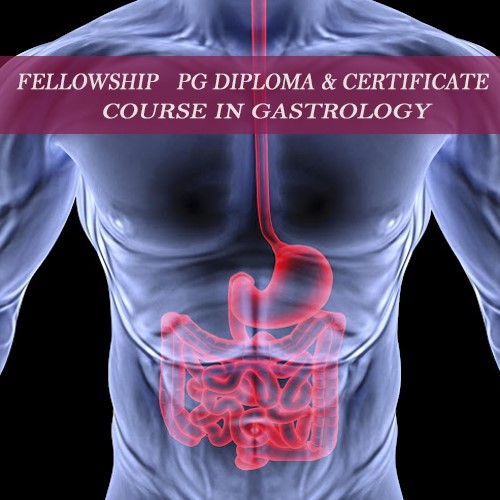
After pursuing a Fellowship in Gastroenterology and many other Gastroenterology courses, these specialized medical practitioners who diagnose and treat disorders affecting the liver and gastrointestinal system are called gastroenterologists. Once you are considered to be a "Routine" patient, you don't really see a doctor: these health care specialists do routine procedures such as colonoscopies, allowing you to look at the inside of your colon. They do 5–6 year of advance training on this after medical school. There are also opportunities to gain experience and knowledge that are essential for a career in gastroenterology, and learning how to keep abreast of contemporary science is absolutely part of this.
Disorders of the GI tract are typically diagnosed and treated by gastroenterologists. If your primary care provider finds something wrong with your GI tract, he or she would likely refer you to a gastroenterologist to get a more complete assessment of the issue.
If a doctor suspects digestive system problems to be the culprit behind a patient’s symptoms, they can refer them to a gastroenterologist. These problems can cause swallowing difficulties, stomach pain, nausea, vomiting, heartburn, diarrhea, constipation and jaundice, among other symptoms. The specialist will assess the patient based on their specialized knowledge and offer management and treatment when necessary.
Gastroenterologists perform endoscopic operations, using specialized tools to visualize the GI system and provide diagnoses. While they sometimes co-manage patients with GI surgeons, they do not perform surgery themselves. Their main work settings are clinics and hospitals.
These courses such as Gastroenterology Diploma Courses, Postgraduate Gastroenterology Courses, Online Fellowship in Gastroenterology, Gastroenterology Postgraduate Diploma, Certificate Course in Gastroenterology, Online Distance Learning Program in Gastroenterology, Diploma in Gastroenterology in India at Diploma for Doctors are conducted in the form of collaborative learning programs along with reading materials containing embedded homework as well as video lectures. The case studies from all around the world and are shared during the courses and provide theory a practical perspective that improves clinical results for patients.
The Fellowship in Gastroenterology programmed also enables the doctors to have a 12-week rotation in some of the reputed universities, developed under the care, assessment and expertise of specialists in the field, for applying the overall theoretical knowledge into the practical world.
To maintain healthy digestion, absorption of nutrients, elimination of waste and metabolic processes, a gastroenterologist must fully understand the normal physiology of each of these previously discussed organs and the mobility through the bowels and gastro intestinal tract that is intricately provided by Postgraduate in Gastroenterology.
Then they must complete a 3-year residency in internal medicine before they become a gastroenterologist. Thereafter, they are eligible for two to three additional years of post-residency, subspecialty training in gastroenterology referred to as fellowship in gastroenterology. This amounts to an extra 5–6 years of organization-specific training following medical college.
The fellowship is a rigorous, experiential training programmed that challenges the trainee to master the intricacies of gastrointestinal diseases under the tutelage of world-leaders in the field.
The training that each student gets experience using the tools that are relevant to the given tasks for which the training is being provided, are performing tasks, or making decisions, hands-on training in fellowship particulars in gastroenterology or in gastroenterology postgraduate. The consultant can provide the student an opportunity to assist based on his or her skills and skills demonstrated at the institution. The student assigned to these programs will be observing all activities performed by the consultant.
Gastroenterologists provide comprehensive, high-quality care for patients with complex gastrointestinal disorders, owing to the specialized training they receive in Fellowship in Gastroenterology. The preponderance of gastrointestinal endoscopic research is performed by gastroenterologists, who also serves as subject-matter experts for the interpretation of findings.
Studies have shown gastroenterologists as providing more comprehensive consultation services and higher-quality colonoscopy examinations compared to other physicians. This results in more accurate identification of polyps and cancer at colonoscopy when performed by gastroenterologists, fewer procedure-related complications and shorter hospital admissions for many gastrointestinal conditions managed by suitably trained gastroenterology specialists.
Some gastroenterologists choose to subspecialize to specific diseases or organ manifestations. Oncology, or the study of cancer, is one of the most common, along with hepatology, the study of the liver, which typically requires an additional one-year fellowship.
Others will do fellowships and training in subspecialties such as transplant hepatology, neuro-gastroenterology, pediatric gastroenterology, GI tract mobility, therapeutic endoscopy, etc.
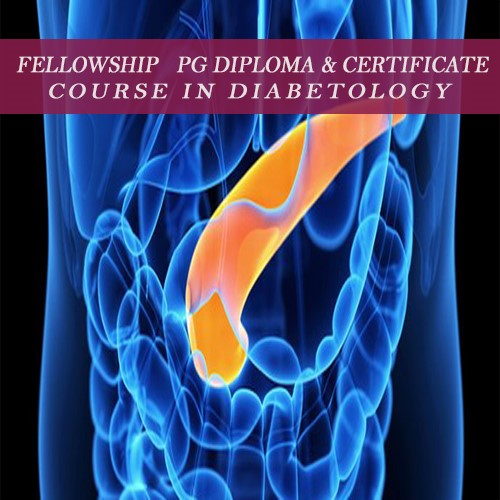 Diabetology Course
Diabetology Course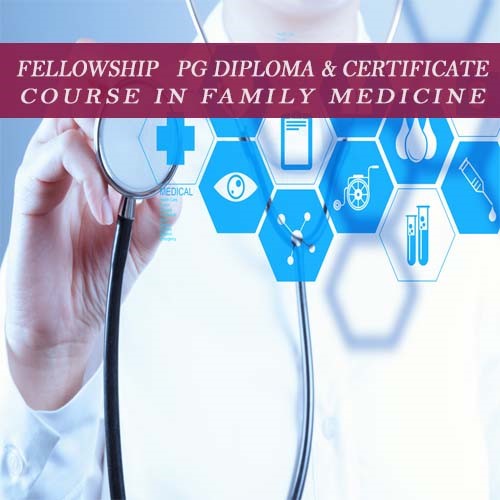 Family Medicine
Family Medicine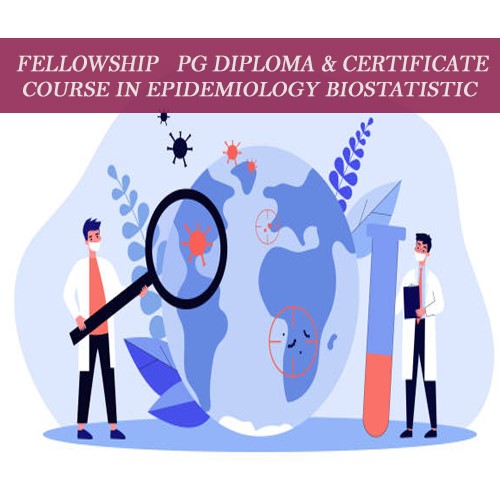 Cardiology
Cardiology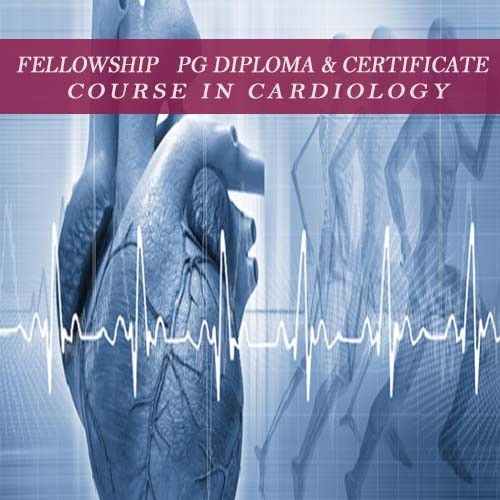 Pediatrics
Pediatrics Rheumatology Courses
Rheumatology Courses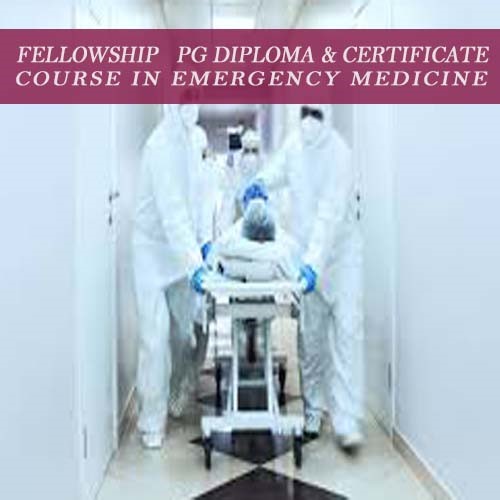 Emergency Medicine Course
Emergency Medicine Course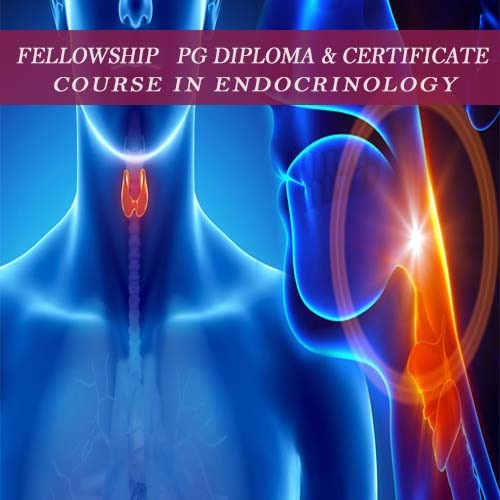 Endocrinology Course
Endocrinology Course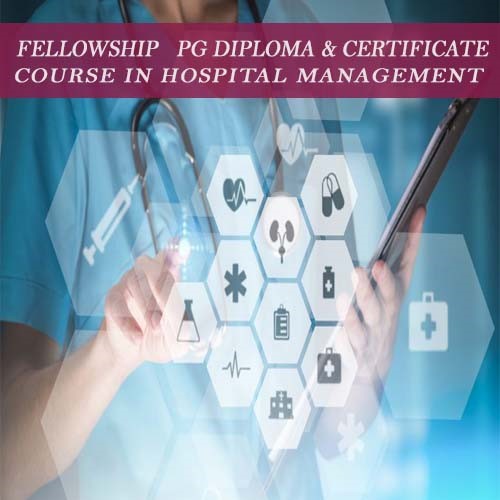 MBA in Hospital Management
MBA in Hospital Management Hospital Management Courses
Hospital Management Courses PhD in Healthcare
PhD in Healthcare Master Class in Gynecology & Obstetrics
Master Class in Gynecology & Obstetrics Ultrasound Training Courses
Ultrasound Training Courses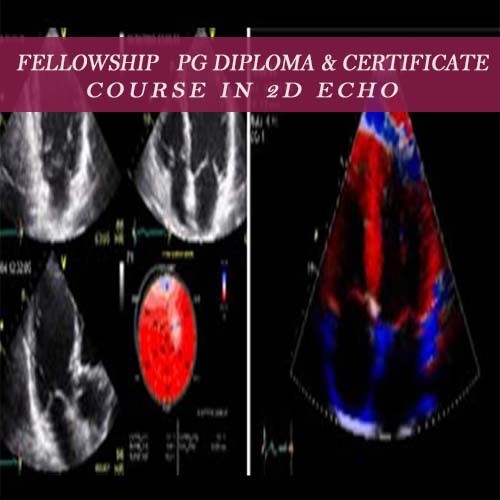 2D Echo
2D Echo Fellowship in Diabetology
Fellowship in Diabetology Fellowship in Cosmetology
Fellowship in Cosmetology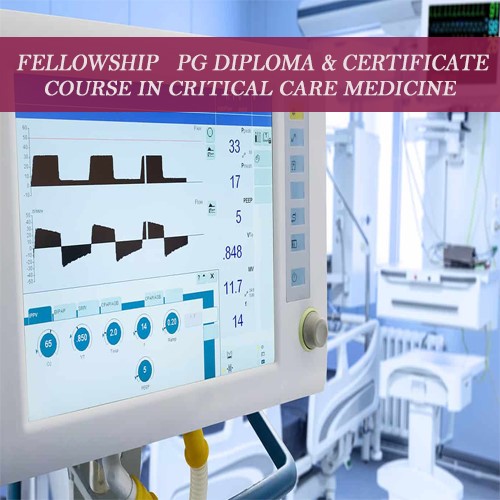 Fellowship In Critical Care Medicine
Fellowship In Critical Care Medicine Fellowship in Epidemiology and Biostatistics
Fellowship in Epidemiology and Biostatistics Fellowship in Infectious Diseases
Fellowship in Infectious Diseases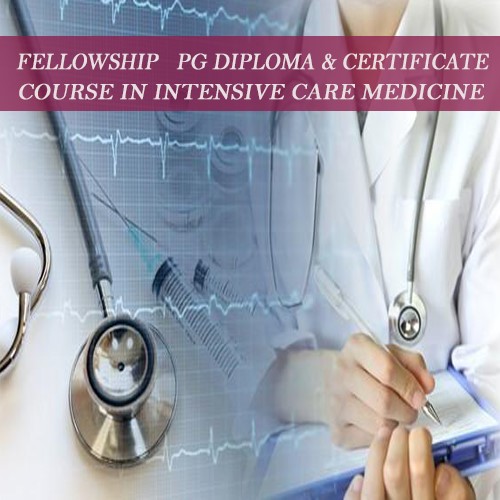 Fellowship in Intensive Care Medicine
Fellowship in Intensive Care Medicine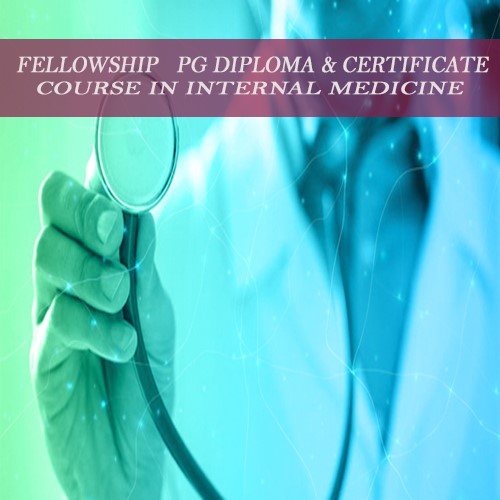 Fellowship in Internal Medicine
Fellowship in Internal Medicine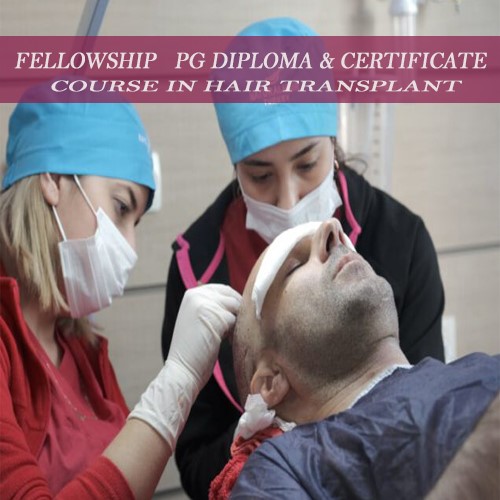 Hair Transplant Training Courses
Hair Transplant Training Courses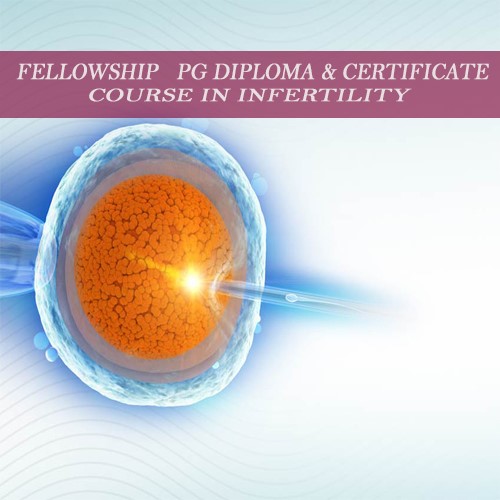 Infertility Training Courses
Infertility Training Courses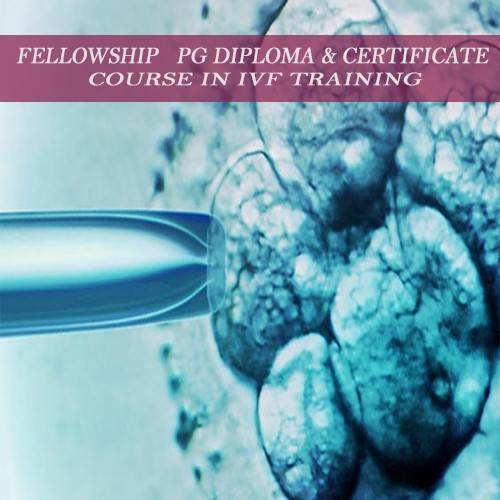 IVF Training Courses
IVF Training Courses Aesthetic Medicine Courses
Aesthetic Medicine Courses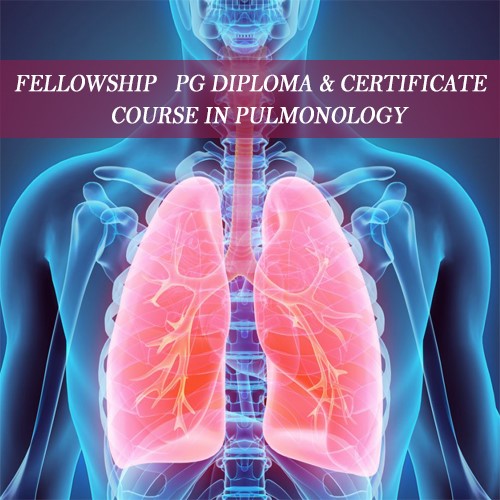 Pulmonology Courses
Pulmonology Courses Oncology Courses
Oncology Courses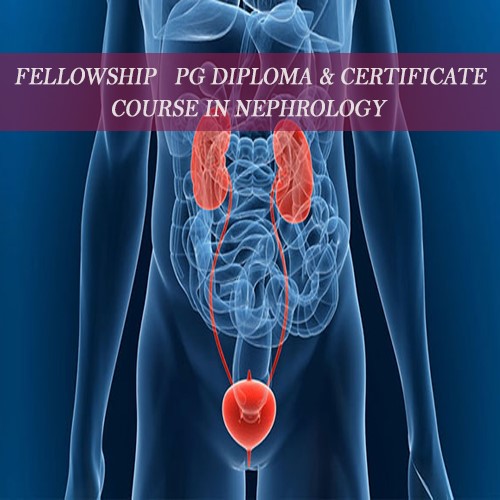 Nephrology Courses
Nephrology Courses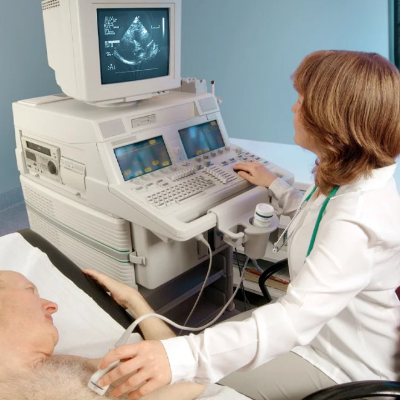 Fellowship in Echocardiography
Fellowship in Echocardiography Certificate Course in Diabetes
Certificate Course in Diabetes Fellowship in Obstetrics and Gynaecology
Fellowship in Obstetrics and Gynaecology Fellowship in Cardiology
Fellowship in Cardiology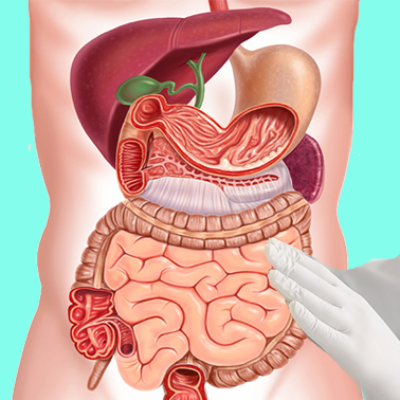 Fellowship in Gastroenterology
Fellowship in Gastroenterology Fellowship in Emergency Medicine
Fellowship in Emergency Medicine Fellowship in Pulmonology
Fellowship in Pulmonology Fellowship in Pediatrics
Fellowship in Pediatrics Fellowship in Oncology
Fellowship in Oncology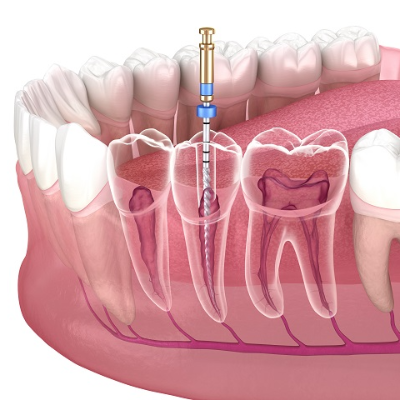 Fellowship in Endodontics
Fellowship in Endodontics Fellowship in Nutrition
Fellowship in Nutrition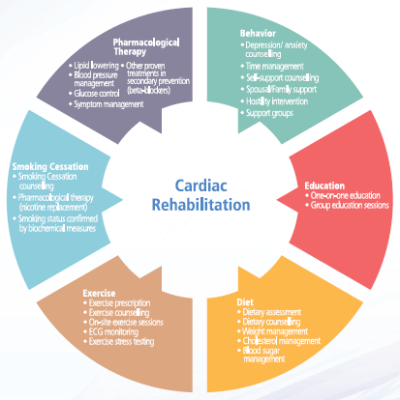 Fellowship in Cardiac Rehabilitation
Fellowship in Cardiac Rehabilitation Fellowship in Neurological Rehabilitation
Fellowship in Neurological Rehabilitation Fellowship in Orthopedics Rehabilitation
Fellowship in Orthopedics Rehabilitation Fellowship in Sports Rehabilitation
Fellowship in Sports Rehabilitation Fellowship in Family Medicine
Fellowship in Family Medicine Diabetes Courses for Doctors
Diabetes Courses for Doctors PG Diploma in Infectious Diseases
PG Diploma in Infectious Diseases Fellowship in Embryology
Fellowship in Embryology Fellowship in Gynecology and Obstetrics
Fellowship in Gynecology and Obstetrics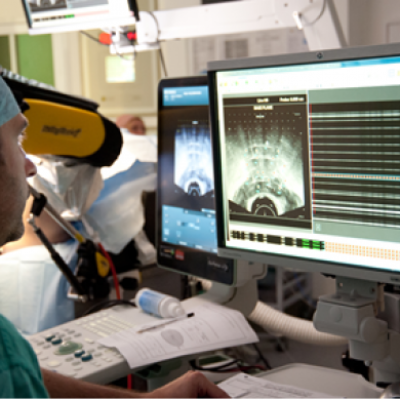 Fellowship in Clinical Oncology
Fellowship in Clinical Oncology Fellowship in Preventive Cardiology
Fellowship in Preventive Cardiology Fellowship in Clinical Nutrition
Fellowship in Clinical Nutrition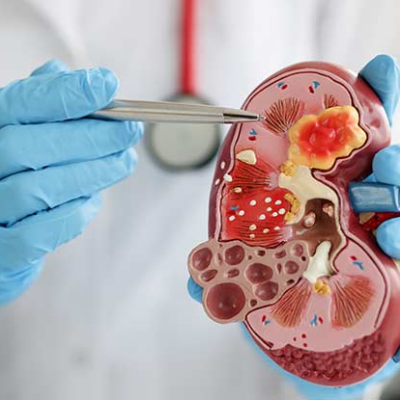 Fellowship in Nephrology
Fellowship in Nephrology Fellowship in Musculoskeletal Ultrasound
Fellowship in Musculoskeletal Ultrasound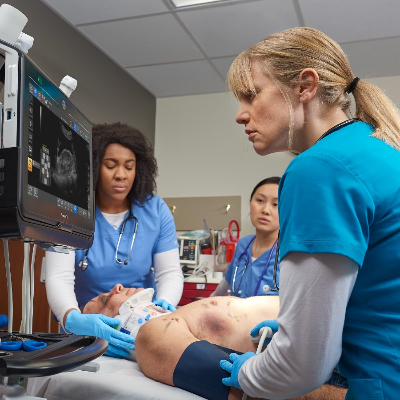 Fellowship in Emergency Ultrasound
Fellowship in Emergency Ultrasound Fellowship in Clinical Cardiology
Fellowship in Clinical Cardiology Fellowship in Non Invasive Cardiology
Fellowship in Non Invasive Cardiology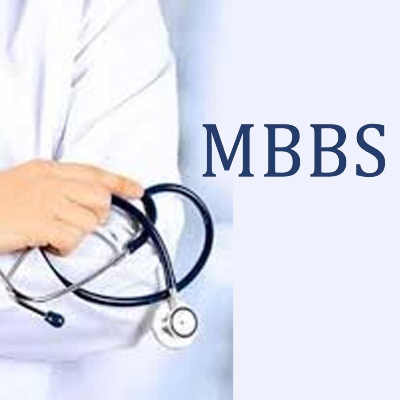 Fellowship after MBBS
Fellowship after MBBS Online Courses After MBBS
Online Courses After MBBS Diploma After MBBS
Diploma After MBBS Post MBBS Diploma Courses
Post MBBS Diploma Courses